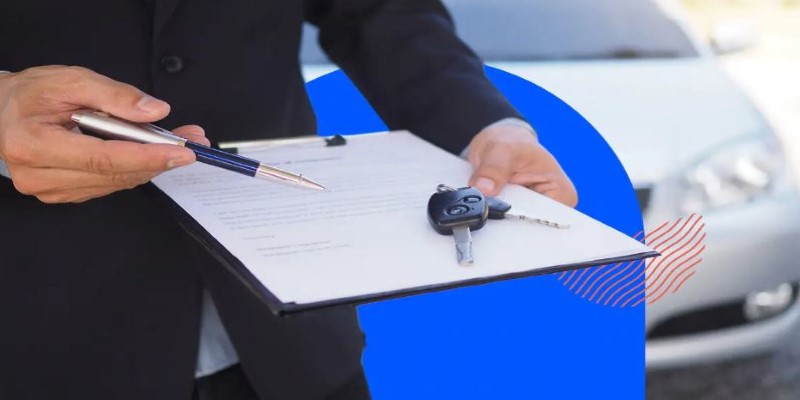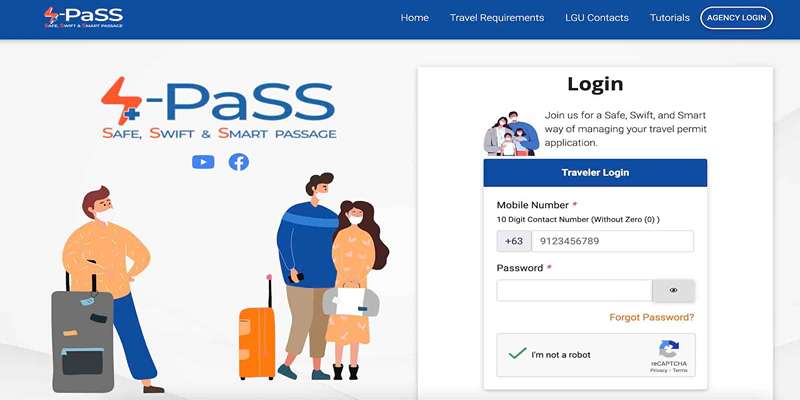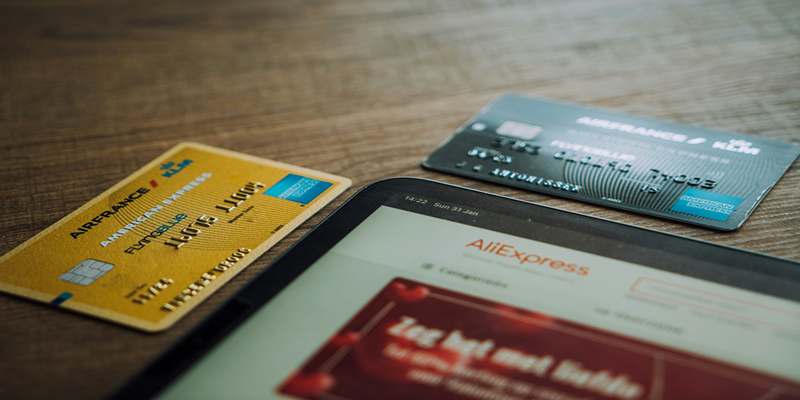Do You Need Rental Car Insurance? Your Credit Card Might Already Cover You
Renting a car comes with a moment of hesitation at the counter. The agent asks if you'd like to add rental insurance, and suddenly, you're wondering if you're making a mistake by declining. It sounds important—who wouldn’t want extra protection? But before you sign up and pay an extra fee, take a second to consider something that might already be in your wallet: your credit card.
Many major credit cards offer rental car insurance as a built-in perk, which means you might be paying for coverage you don’t actually need. Understanding how this works can save you money and give you peace of mind.
How Credit Card Rental Insurance Works?
Credit card rental insurance is a protection that covers you if the vehicle is stolen or damaged while you have it. Yet, it doesn't function quite like standard auto insurance. To begin with, most credit cards give secondary coverage, so they only kick in after your car insurance has been applied. That is to say, if you carry current car insurance, your credit card will pay for expenses beyond your policy limits or deductible.
Some high-end credit cards do provide primary coverage, so they pay the claim initially and leave your automobile insurance out of it. That can be a significant perk because claiming your insurance often raises your premiums. If your credit card has primary coverage, you will not have to use your insurer in case of a crash.
To be eligible for this coverage, you typically need to abide by a couple of simple guidelines. You need to reject the insurance offered by the rental agency, pay for the entire rental with an eligible credit card, and have the name on the rental contract match the cardholder's name. Violating these stipulations may cause your credit card protection to be void.
What Credit Card Rental Coverage Typically Includes?
Although coverage differs between issuers, most credit cards insure the essentials: rental car damage and theft. If you are involved in an accident or the car is stolen, your credit card will pay for the repair or replacement of the car. Be aware, however, of what this coverage does not cover.

Most credit cards don't cover liability insurance, meaning they won't pay for injuries or property damage to others if you cause an accident. If you're in a crash that injures another driver or damages another vehicle, you'll need separate liability insurance—usually from your auto policy or the rental company's optional insurance.
Another common limitation is that credit card coverage doesn’t include medical expenses. If you or your passengers are hurt in an accident, your credit card will not cover hospital bills or treatment costs. It’s also worth checking if there are any restrictions on certain vehicle types. Many credit cards exclude trucks, exotic cars, motorcycles, and large passenger vans. If you’re planning to rent something other than a standard sedan or SUV, it’s a good idea to check your card’s policy before assuming you're covered.
Additionally, coverage is often limited by location. Some credit cards exclude coverage in specific countries, so if you're traveling abroad, verify that your destination is included. Countries like Italy, Australia, and Israel are often excluded from standard credit card rental coverage.
How to Check If Your Credit Card Covers Rental Cars?
Before relying on your credit card for rental coverage, take a few minutes to review your benefits. Start by calling your credit card provider or checking their website for the specific rental car insurance policy. You'll want to confirm whether the coverage is primary or secondary, what types of vehicles are covered, and any exclusions that might apply.
If you have multiple credit cards, compare the policies. Some premium travel cards, such as those offered by Visa Infinite, American Express Platinum, or certain World Elite Mastercard, offer stronger rental car protection than standard cards. If you have more than one credit card, it's worth choosing the one with the best coverage before booking a rental.
Next, understand what documents you’ll need in case you file a claim. Many credit card companies require you to notify them within a certain timeframe after an incident. You may need to provide a rental agreement, a police report (if applicable), and an itemized repair bill. Being familiar with these requirements ahead of time can make the claims process much smoother.
When You Might Still Need Rental Car Insurance?
While credit card rental coverage can be a great money-saving tool, there are situations where additional insurance might be necessary. If you don’t have personal auto insurance, relying solely on credit card coverage can leave you vulnerable since it doesn’t include liability protection. In that case, purchasing liability insurance from the rental company might be a smart move.

Similarly, if you’re traveling internationally, check if your credit card’s rental coverage extends to your destination. Some travelers opt for additional insurance when renting a car abroad just to avoid any unexpected gaps in coverage.
If you're renting a high-value car, such as a luxury or sports model, your credit card coverage may not apply. In such cases, either choosing a different rental vehicle or purchasing the rental company’s insurance could be the safer option.
Lastly, if you're worried about downtime charges—fees charged by the rental company if the car is out of service while being repaired—some credit cards don’t cover these costs. If your rental agreement includes downtime fees, make sure your credit card policy will reimburse them, or consider alternative insurance.
Conclusion
Rental car insurance might seem essential, but your credit card could already have you covered. Understanding its benefits can save you money and hassle at the rental counter. While most credit cards cover damage and theft, they often exclude liability and medical expenses. Checking your card’s policy before renting ensures you know what’s protected. If coverage gaps exist, consider additional insurance. Being informed lets you make smarter choices, avoid unnecessary costs, and drive with confidence on your next trip.












